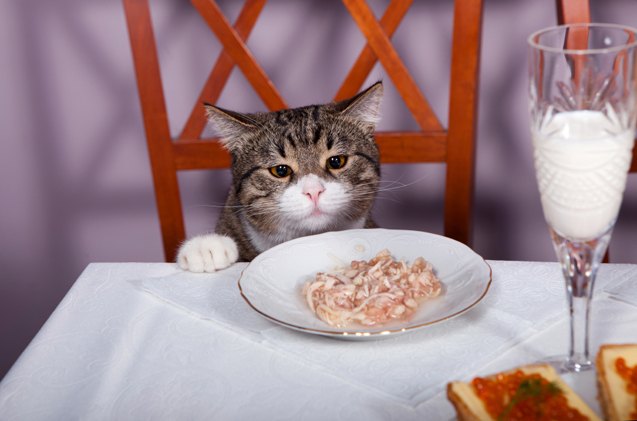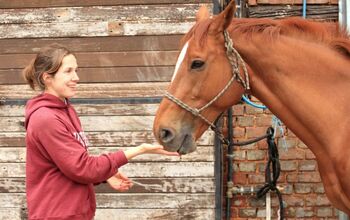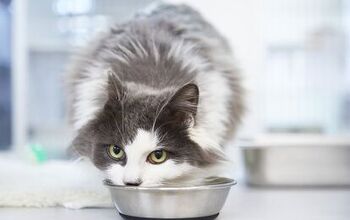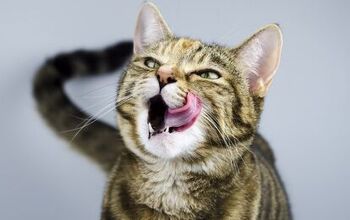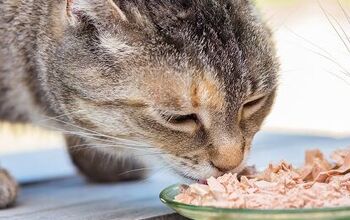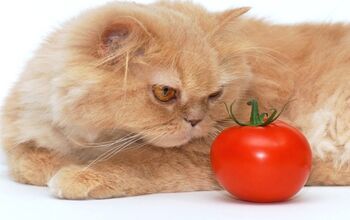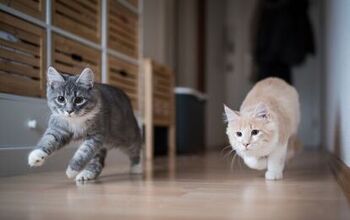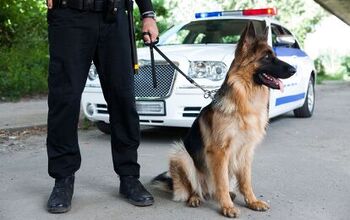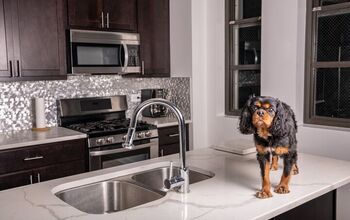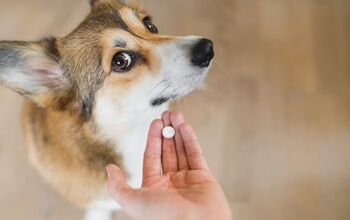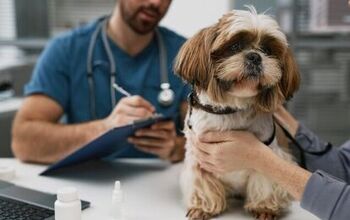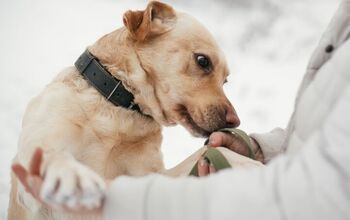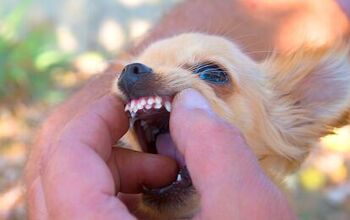5 Foods You Should Never Feed Your Cat

What your pet eats can have a big impact on his overall health, so it’s necessary to become familiar with the foods that are recommended for cats and those that can be harmful to your fur baby.
In addition to feeding your cat the very best species-appropriate diet to ensure his health and happiness, there are also certain foods that should be off-limits at all times. The following items may be commonly found in your kitchen and enjoyed by your entire family, but they’re actually toxic to felines, so you should take care to keep them away from your kitty and prevent him from ingesting them.
Also, keep in mind that this list is limited, and there are many other foods that are safe for people but dangerous to pets, so before feeding your cat from the table, do your research to be sure it’s a good idea.
Even though your cat may very well be attracted to the pleasing taste of milk, dairy products aren’t the best things for him. Think about it: cow’s milk, or any other mammal’s milk, for that matter, was intended for the baby of that species to grow big and strong quickly. Cow’s milk was meant for calves, goat’s milk for kids (i.e. baby goats), and so on. Many people will argue, therefore, that drinking the milk of other species is even unnatural for humans. But that’s another discussion entirely.
Related: Top 5 Indoor Plants Poisonous To Cats
When it comes to felines, most of them are lactose intolerant. This means dairy products can lead to digestive upset in the form of symptoms like diarrhea and discomfort. Everything from ice cream to whipped cream, cheese, and yogurt can do this to your cat, whose body likely won’t be able to digest milk products easily. So, no matter how much your cat pesters you for some milk or cream, it’s best to feed him only those foods that his body won’t have difficulty breaking down and utilizing.
Although some fruits can actually be good for your cat, there are some that should be off-limits at all times. These include grapes and their dried counterparts, raisins, because they can both lead to kidney failure in cats who eat them.
If you have left grapes or raisins out on your kitchen counter or on your table and you notice symptoms in your cat that include recurrent vomiting and hyperactivity, check if there are any grapes or raisins missing. While large amounts may lead to death, small amounts can also make your cat very ill. Therefore, store them away or keep them out of reach when you leave them out for your family to enjoy.
Related: Top 5 Squeaky-Clean Cat-Safe Cleaning Products
Onions are yet another food that should be kept far away from your cat. These are dangerous because they can negatively affect your feline’s red blood cells, so ingesting onions can lead to anemia. When preparing meals that contain onions in any form, such as raw onions, cooked onions, dehydrated onions, or onion powder, just be sure to keep them away from your cat and dispose of all scraps properly.
Although there are plenty of holistic veterinarians, feline nutritionists, and pet owners who vouch for the many benefits that can be derived from feeding your cat a raw diet, you should never feed your pet raw fish. In addition to the possibility of parasites, as well as heavy metal contamination, an enzyme that is naturally found in raw fish will destroy thiamine, an essential B vitamin. This may lead to a deficiency that can result in symptoms that include weight loss, convulsions, neurological issues, and coma.
If your kitty finds the flavor of fish irresistible, and you want to add this ingredient to your pet’s diet in moderation, keep in mind that it’s best to stick with feeding your cat only cooked fish, just to be on the safe side. Experts also recommend providing nutritionally balanced cat food that contains fish ingredients, rather than feeding your cat the same canned tuna that you eat, for example. Selecting a high-quality pet food that provides the right amount of nutrients for a feline is a good way to go because it’ll allow your kitty to enjoy some fish, while also reaping the benefits of a balanced meal.
Although you may love indulging in chocolate every now and then, as well as baking a chocolate cake and drinking hot cocoa, all chocolate and cocoa products should be kept far from your feline friend because they are toxic to cats and can result in death.
Theobromine, which is found in chocolate, performs like caffeine when ingested, and this can lead to tremors, irregular heartbeat, seizures, and death. Small amounts of any kind of chocolate, from white to dark, are dangerous.
Again, when it comes to your kitty’s diet, a species-appropriate approach is best, and it’s wise to do research and exercise caution before simply offering your cat some human food.
Keep in mind that some foods might affect different cats in different ways. For example, dairy products might affect one cat more severely than another. However, other foods are highly toxic to all kitties. For instance, grapes can cause illness shortly after they’re eaten. Also, some foods can cause problems if they are fed to your cat often, even in small amounts over time, so don’t assume that a food is harmful only if it is consumed in large amounts. Bottom line: if experts have deemed a certain food as unsafe for cats, it’s best to take steps to keep it away from your pet.
How can you help ensure your kitty won’t get his paws on a food that isn’t safe for him to eat? Well, it’s a good idea to train your pet to stay off of your kitchen countertops, tables, and other surfaces where you leave food out. This can help avoid accidental ingestion of foods that are harmful to felines. Another smart strategy is to store ingredients in areas of your kitchen that your kitty can’t access. If your frisky feline likes to open up cabinets to see what’s inside, you might need to cat-proof by using handy locks like you would when baby-proofing.
Felines have their own unique nutritional needs, so there are many human foods that aren’t safe or recommended for cats. The list above is just a sampling of some of the foods that you should avoid feeding to your furry friend.
If you have any questions or concerns about what’s best for your one-of-a-kind kitty, be sure to consult with a veterinarian for personalized guidance. And if you know, or even just assume, that your cat has gotten into a food that isn’t good for him, call your vet right away for advice, especially if symptoms have developed.

Lisa Selvaggio is a freelance writer and editor, and our resident cats-pert, with certifications in pet nutrition and pet first aid. She enjoys producing content that helps people understand animals better so they can give their pets a safe and happy home.
More by Lisa Selvaggio



